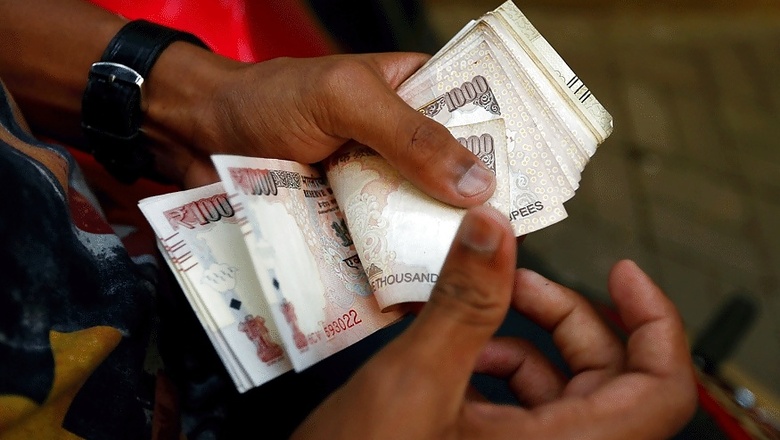
views
New Delhi: The NDA government's demonetisation drive will face litmus test in the Supreme Court on Tuesday as four Public Interest Litigations (PILs) filed against the controversial scheme raised a question mark on the integrity of the government, sources told CNN-NEWS18.
The PILs were filed in the apex court questioning the government's rational and modus operandi behind the implementation of the drive as it reportedly caused inconvenience to the general public.
To defend its move, the government would be banking largely on the 1996 judgment to defend this move, sources told CNN-NEWS18.
Though the petitioners have sought a stay on the demonetisation drive, this is not for the first time that discontinuation of large currency notes have been challenged in the apex court.
In 1996, Demonetisation Act 1978 was too challenged in the court of law and a 5-judge bench had ordered to uphold the act. In the Jayantilal Ratanchand Shah vs Reserve Bank Of India (RBI) and others case, the plentiff had argued that the Demonetisation Act 1978 violated his client's (Jayantilal Ratanchand Shah) fundamental rights enshrined in Articles 19 (1) (f) and 31 of the Constitution and demonetisation was not done on the grounds of public interest.
The plentiff had also mentioned that "citizens are free to acquire and hold the high denomination bank notes and to carry on any trade or business in the country by using the same but the Demonetisation Act 1978 (in Section 7 and 8) curbs their fundamental rights under Article 19 (1) (f) and (g) of the Constitution".
However, rejecting the plea, the apex court in its verdict had said that Demonetisation Act 1978 was solely aimed at stopping the circulation of high denomination bank notes in the country and allowed the then government limited time to carry out its drive.
The court said "the act was solely passed to avoid the menace of unaccounted money which not only affected the economy of the country but also deprived the state exchequer of vast amounts of its revenue. So it cannot be said that it was not enacted for a public purpose".
Besides, the PILs in the Supreme Court of India, there is another PIL before the Gujarat High Court which seeks to extend date of validity for exchanging Rs 500 and Rs 1,000 currency notes and also directs to private hospitals to accept old currency notes.
Interestingly, on Friday the Madurai bench of the Madras High Court dismissed a petition filed against the government's move to scrap old high definition currency notes of Rs 500 and Rs 1,000 and observed that demonetisation was good for the country.
















Comments
0 comment